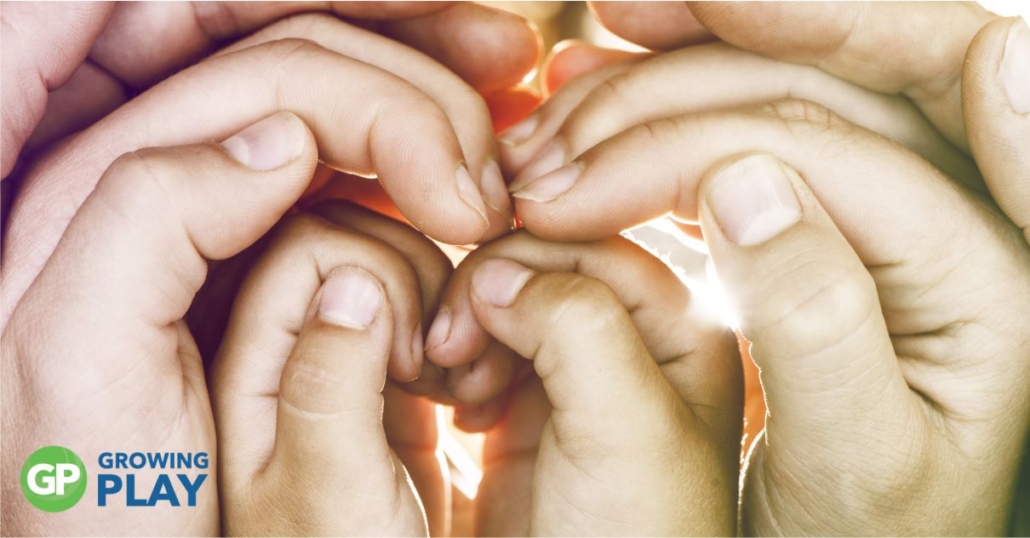Parenting Roles and How They Change Over Time

If you are raising children, you have probably noticed how we have an ever-changing role as a parent. Just when we think we have mastered this parenting thing, it all changes. Parenting roles change over time. They change because our children get older and we personally change.
Parenting Roles
We watch our children grow right before our very eyes. It seems like yesterday they were a baby learning to crawl, walk, and feed themselves, and now they’re in school, involved in activities, making friends, and learning to be more and more independent. Parents before us have said that from the time they’re born, we are constantly learning to let go. As a result, our parenting strategies have to change. As our child grows, develops, learns, and matures, so does our parenting role.
Our Children are So Unique
As your child has grown, you undoubtedly have discovered they have their own unique personality and temperament. You’ve probably unconsciously redeveloped your parenting skills around the individual needs of your child.
No two children are exactly alike, and therefore, neither should your parenting style. Some children may need more guidance and feel more unsure of themselves, so we’ve become used to having to guide, lead, show and encourage that child consistently through their childhood while still trying to encourage independence and give praise in order to build their self esteem and confidence level.
Yet another child may be very intrinsically motivated and very willful and not need a great deal of guidance or leadership from you. While you encourage their independence, it’s also important that you also encourage their ability to ask for help when needed and continue to praise good deeds, actions, and traits.

Listen to Your “Parenting Gut”
No matter what parenting role you currently have, the most important tools we have to successfully adjust our parenting skills are our eyes and our ears.
We have to see what’s going on with our child and we have to hear what they are telling us. It’s important that we encourage our child to be their own individual while still being available to them at whatever level or degree they need us to be.
Sometimes it’s situation-specific as well. A child may not need us to be as directly involved with their schooling to ensure their overall academic success, but they may need us to be more involved in their social life as they may be feeling a bit shaky or scared when it comes to making new friends or meeting new people.
Your Changing Parenting Roles are a Good Thing
So the bottom line is this: as your child grows and changes, so should your parenting skills. Keep your eyes and ears open and communicate honestly and openly with your child, and you’ll both mature gracefully with a positive outlook.
You Are Not Alone
Raising kids is not easy! We all struggle as parents.
Just when you think you mastered one skill, the next challenge comes along. It can feel frustrating, difficult, and hard to maintain a positive attitude.

The Positive Parenting PDF Journal can help you build a stronger connection with your children without losing your sanity. When we practice positive parenting, it helps our children to feel empowered, to understand what is expected of them and to thrive.
Find out more information on how to build a stronger connection with your children while you empower them to succeed!



